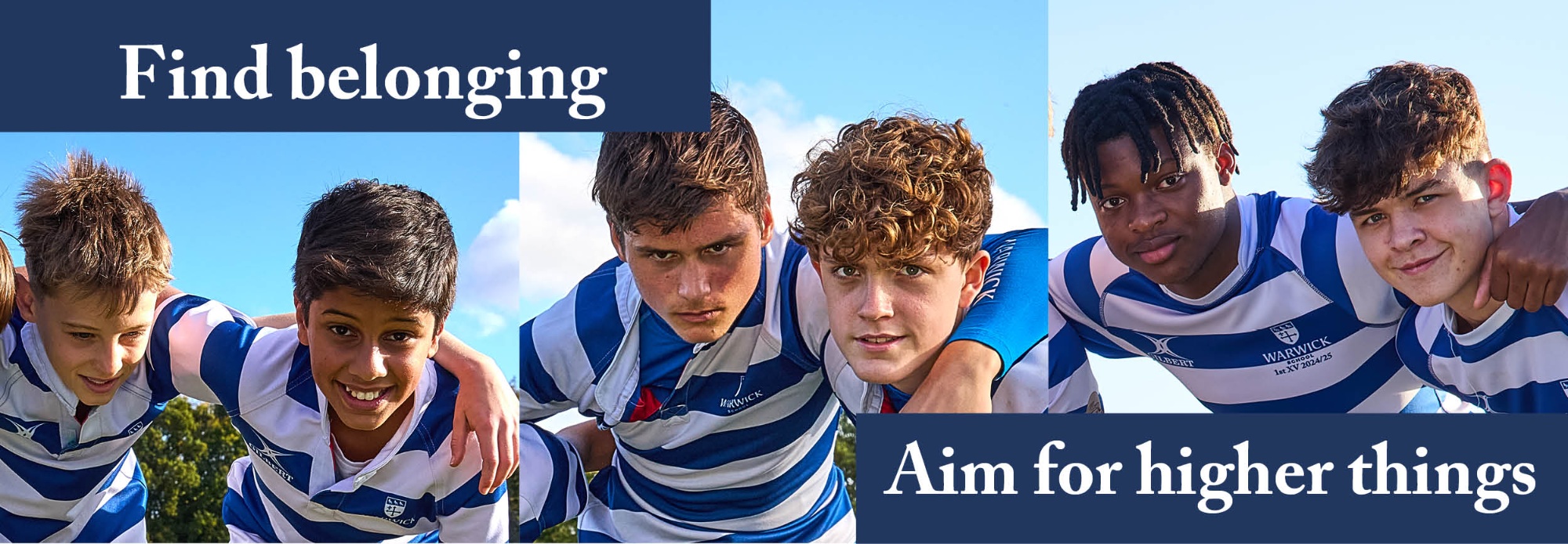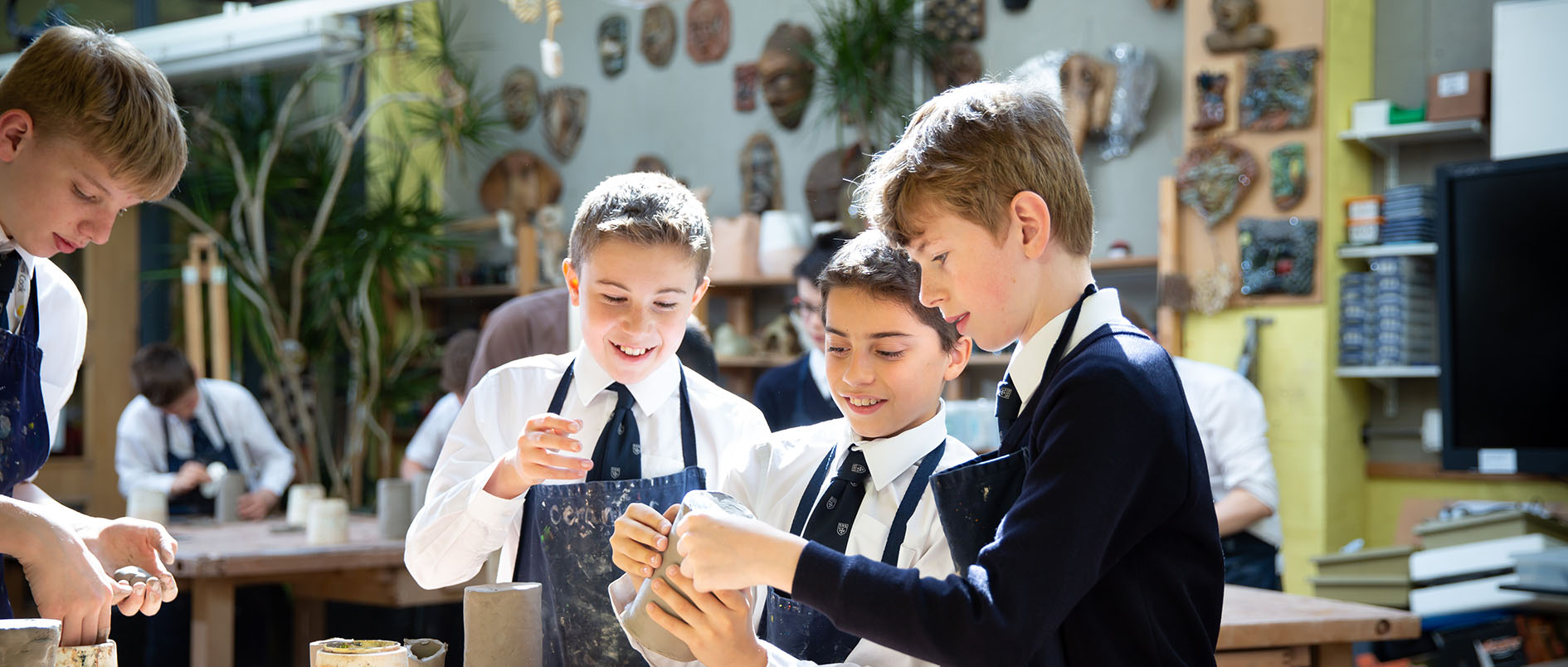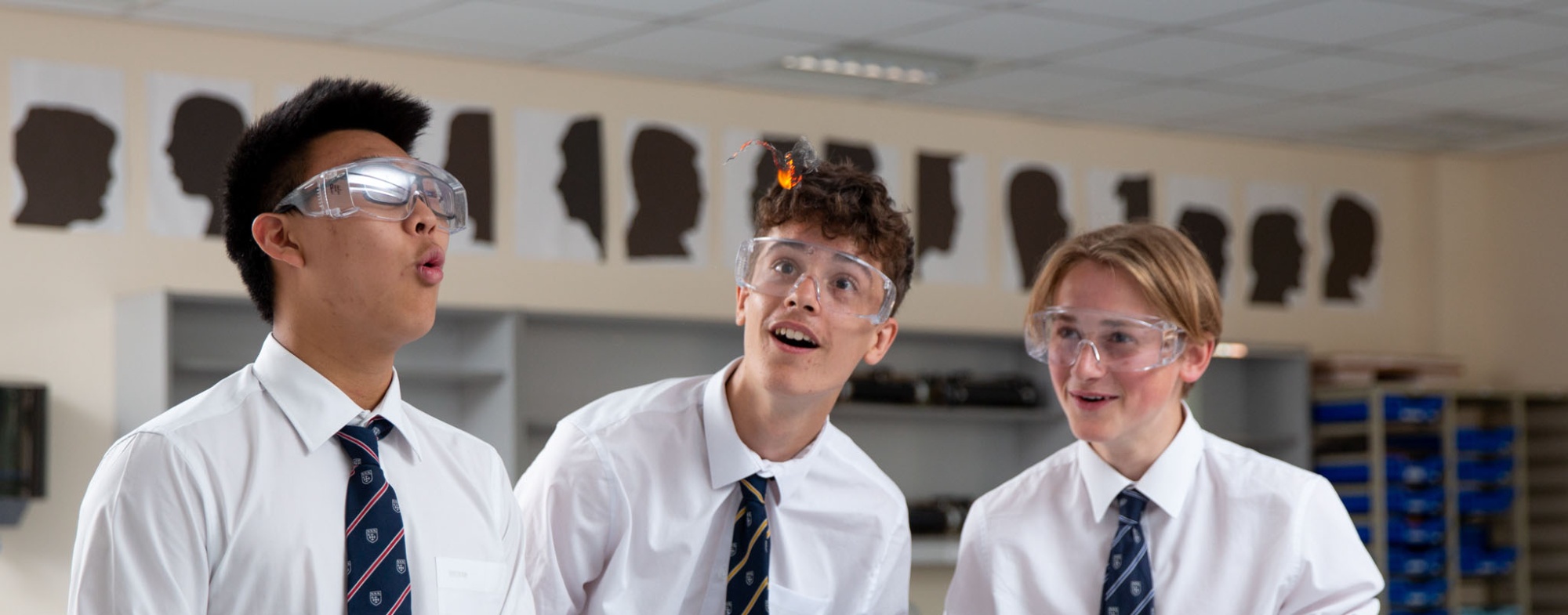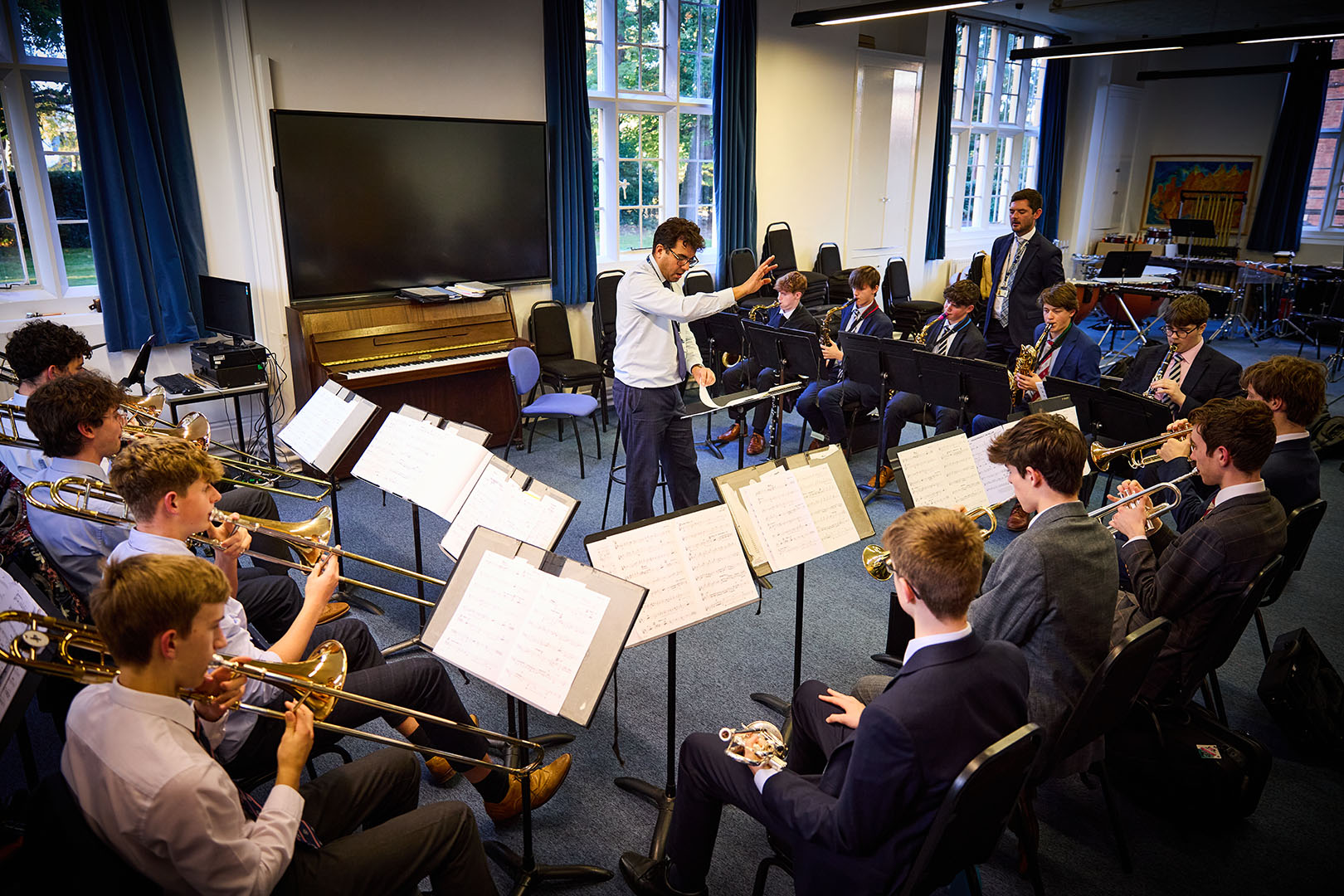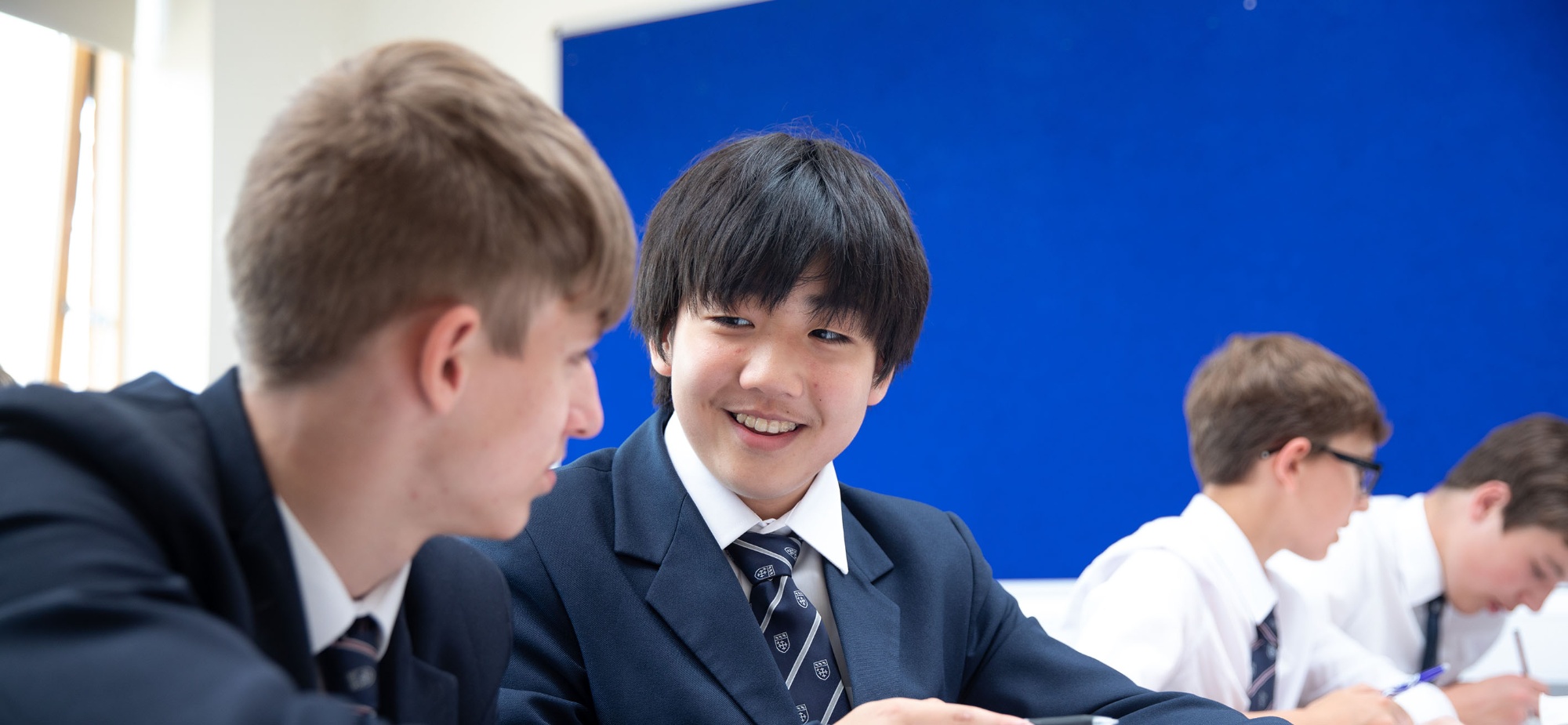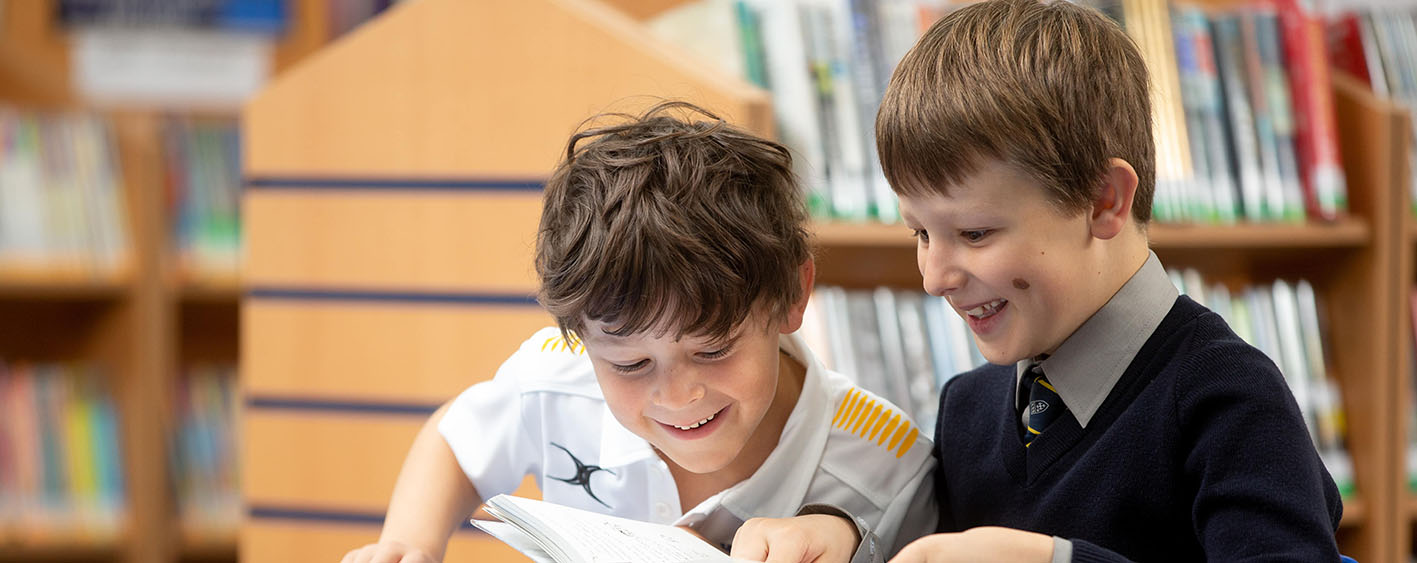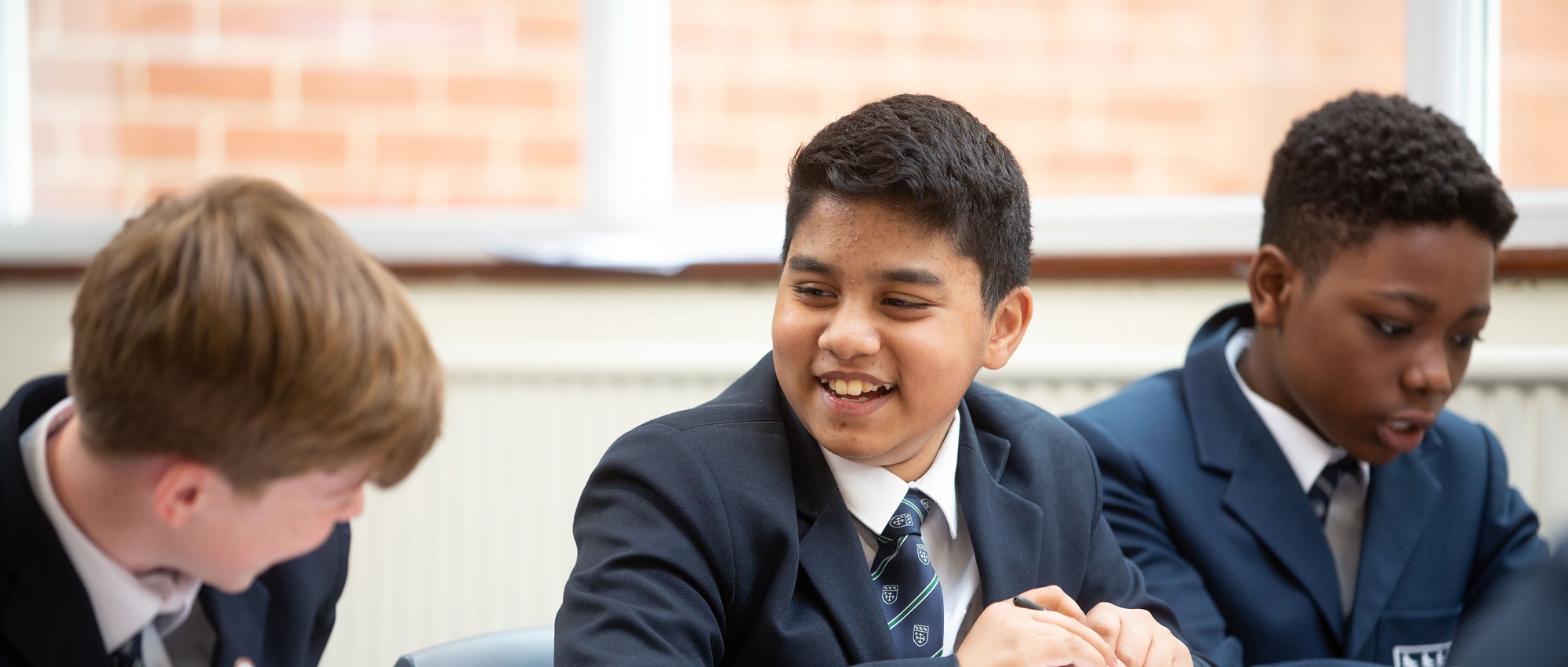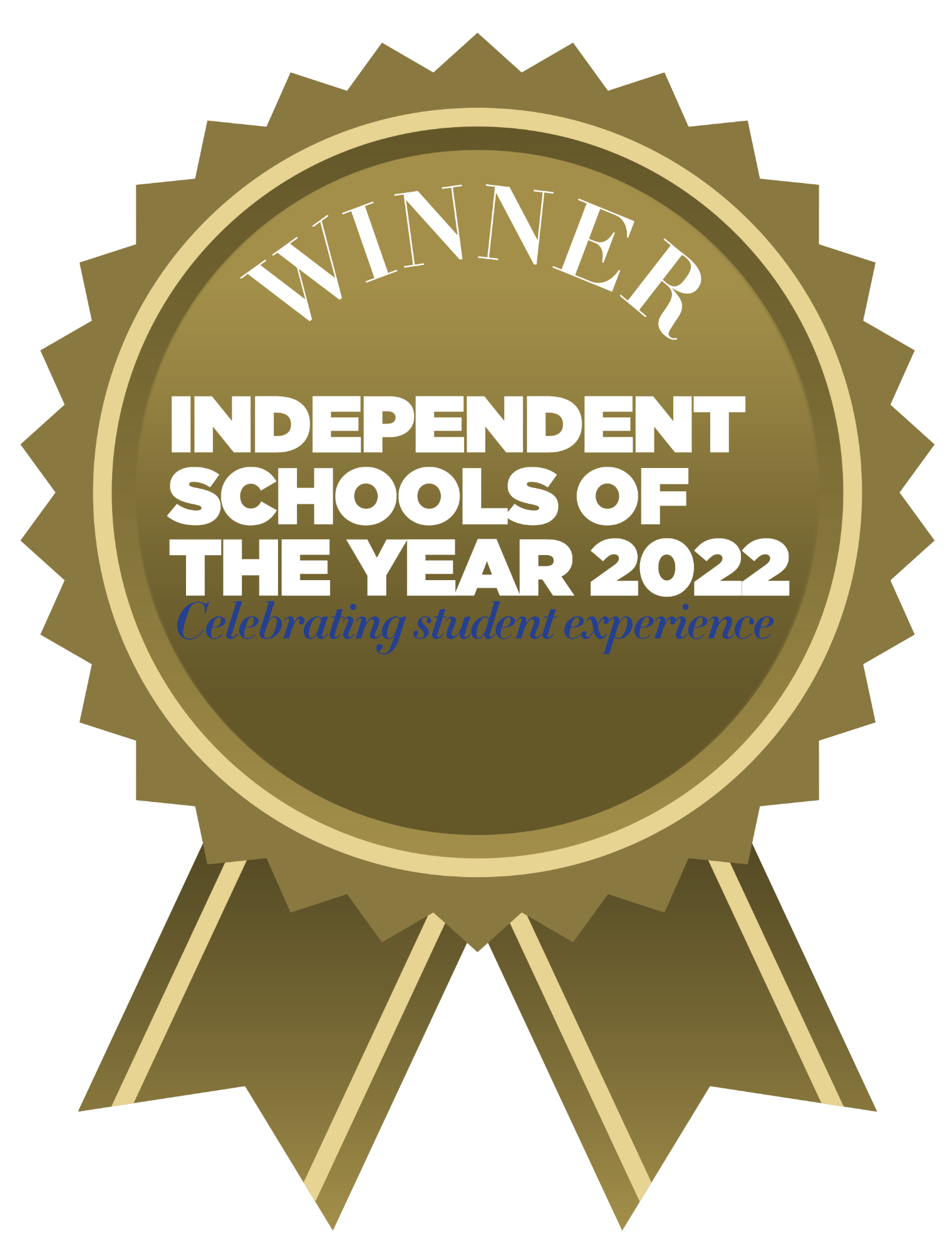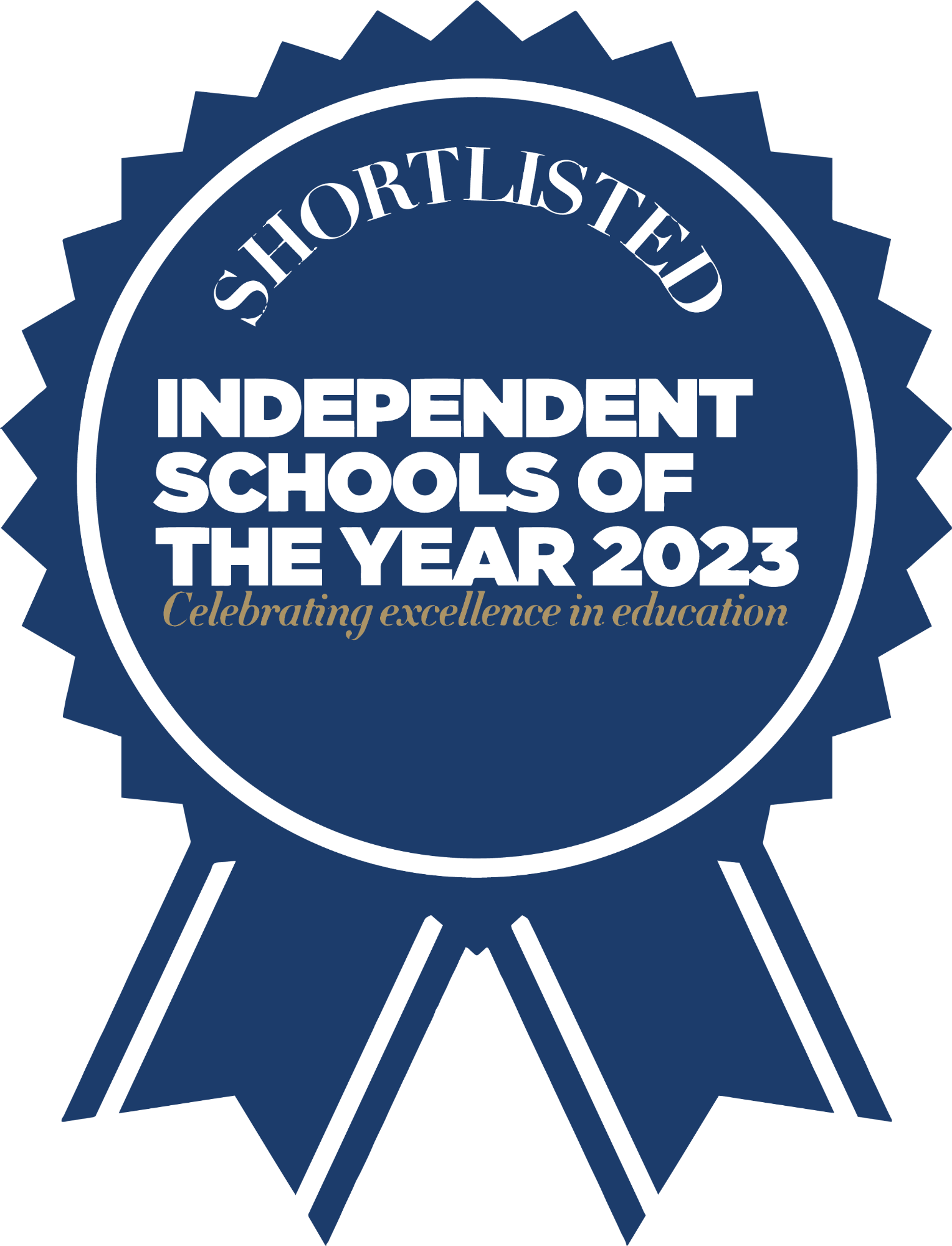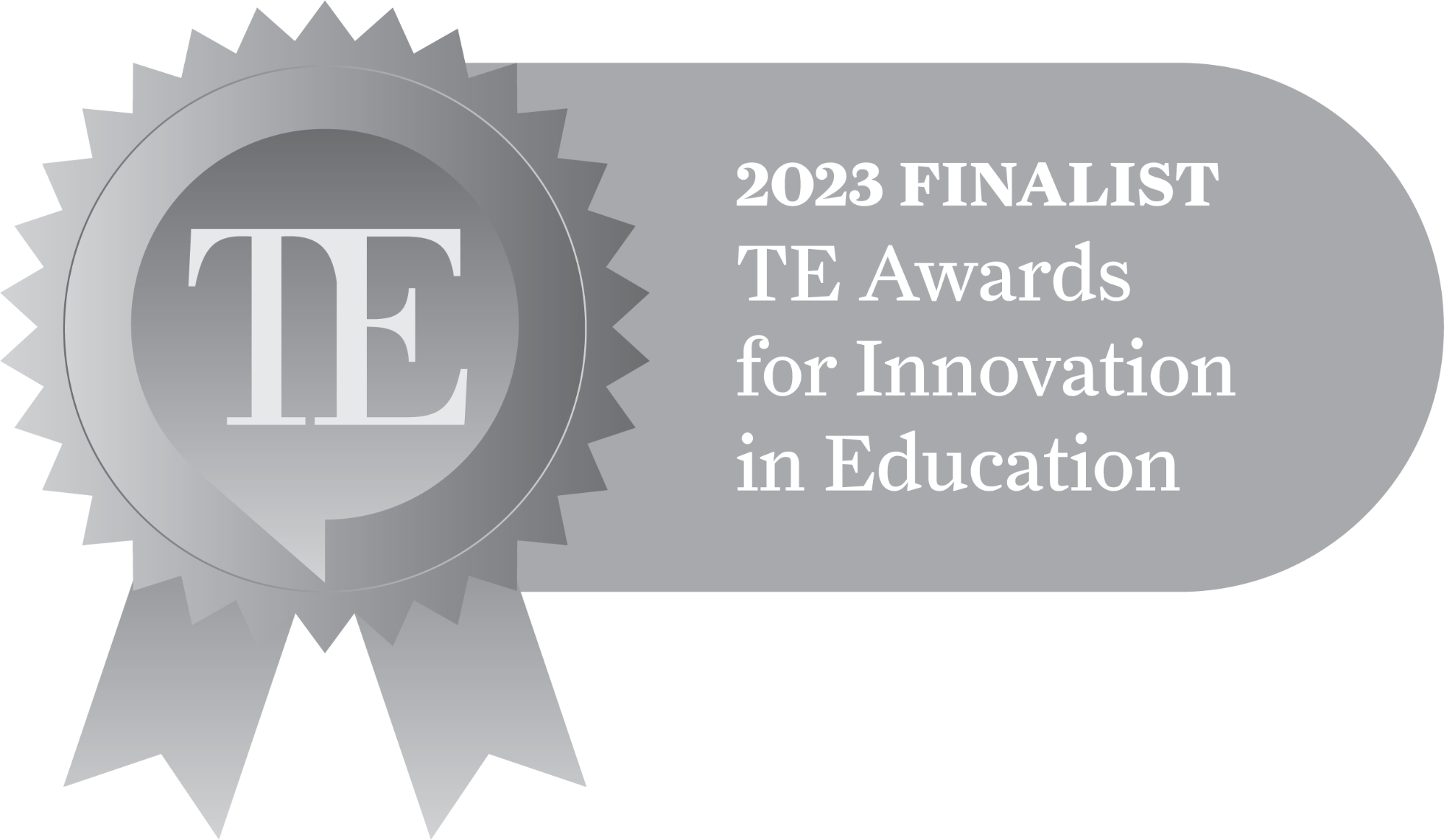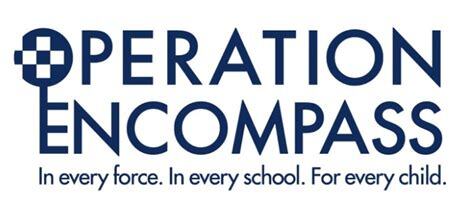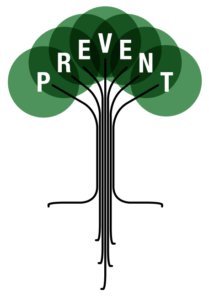Unleashing the power of curiosity: A gateway to educational excellence

Once upon a time, in the heart of our bustling school corridors, a group of teachers embarked on a mission. They weren't searching for treasure buried beneath the ancient oak tree or decoding cryptic messages hidden underground to date our school. No, their quest was far more profound—it was the pursuit of curiosity.
Teacher-researchers stumbled upon a fascinating revelation. It wasn't just textbooks and assignments that fuelled a student's success; it was the spark of curiosity that set the flame of learning ablaze. Like explorers navigating uncharted territories, these teachers delved into the magical world of curiosity, unravelling its impact on education.
Incorporating elements that stimulate curiosity into the curriculum can lead to positive academic outcomes. Encouraging inquiry-based learning, interactive projects, and open-ended discussions can foster a curiosity-driven environment that nurtures academic success (Ainley and Ainley, 2011). This fuels intrinsic motivation. Kashdan et al. (2018) argue that curiosity is linked to a student's innate desire to learn, fostering a sense of engagement and interest in the learning process. Students driven by intrinsic motivation are more likely to invest time and effort into their studies, leading to improved academic performance.
In a society where the landscape of knowledge is ever-evolving, curiosity emerges as the compass guiding us through the intricate maze of learning. Beyond the classroom walls, curiosity holds the key to a myriad of benefits. According to one study, more curious teenagers tended to be more self-compassionate. Imagine a world where openness to new experiences fosters kindness and acceptance—not just toward others but towards oneself.
But the magic doesn't stop there. Broader research with adults suggests that curiosity isn't just a trait confined to academics. Curious individuals, it turns out, tend to be more tolerant of anxiety, endowed with a humorous and playful spirit, emotionally expressive, and non-defensive. In essence, curiosity is a force that not only enhances learning but opens the door to positive perspectives and enriching experiences.
Now, let's bring the spotlight back to us. Curiosity is one of our values at Warwick School and our teachers have been exploring innovative ways to manufacture curiosity. Creating an environment that nurtures inquiry, exploration, and the joy of discovery. Our teachers were asking ‘the curious question’, using what they know to discover what they don’t know, using AI to ‘ask the expert’, modelling speculation and celebrating difficulty. These ideas foster a sense of wonder, and weaving curiosity into our lessons, our teachers conducted action research to learn more and share, shaping a generation of learners poised for success in a rapidly changing world.
And what about the well-being of our students? A study of over 400 teens found that those with high levels of curiosity reported greater life satisfaction, positive emotions, hope, and a sense of purpose. In a world brimming with challenges, curiosity emerges as a resilient force, empowering students not only academically but also emotionally.
Curiosity is a force that not only propels us toward academic excellence but also enriches us. So, let the journey of curiosity continue.
Miss Hemming
Head of Psychology and Research Lead


